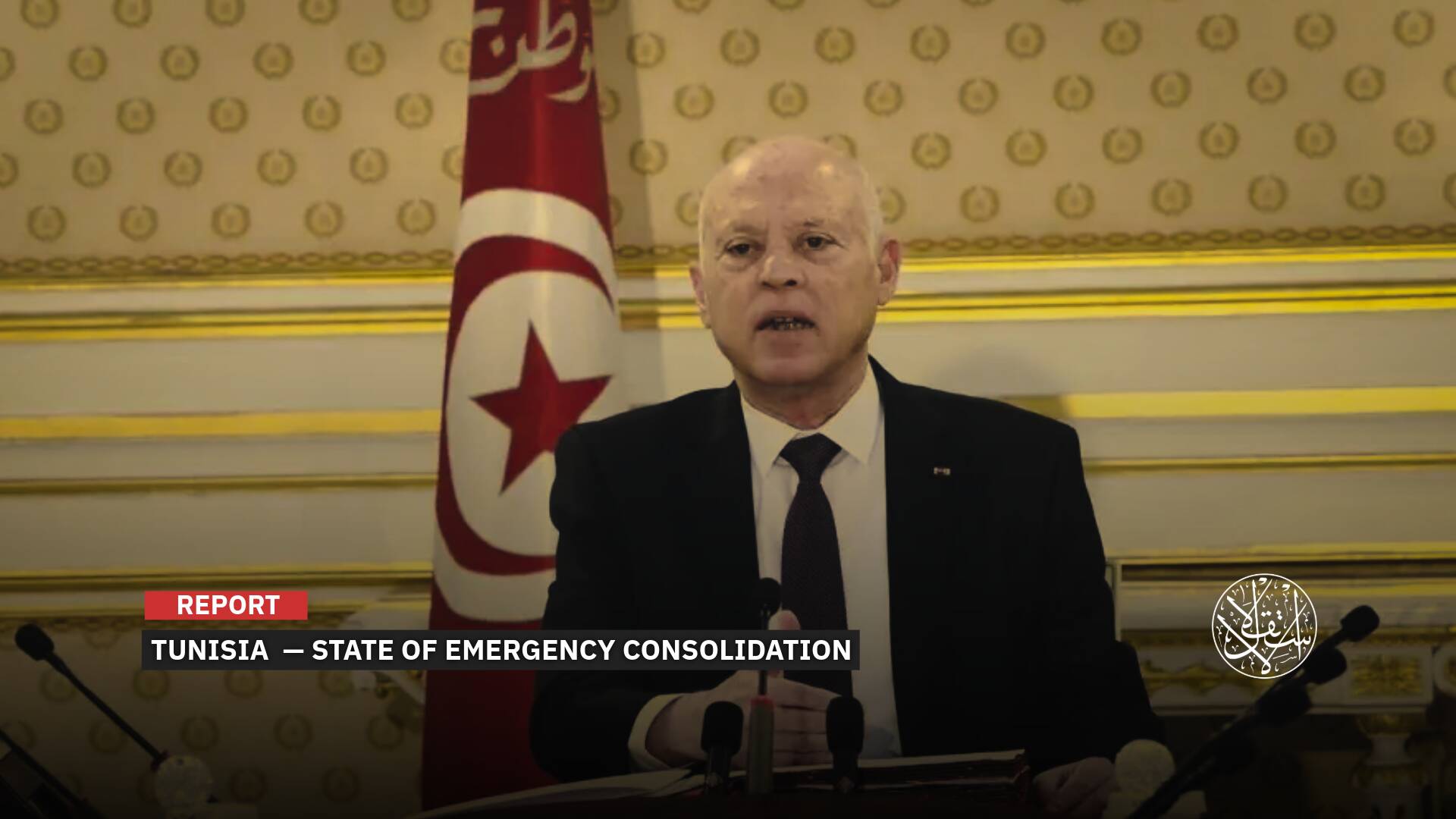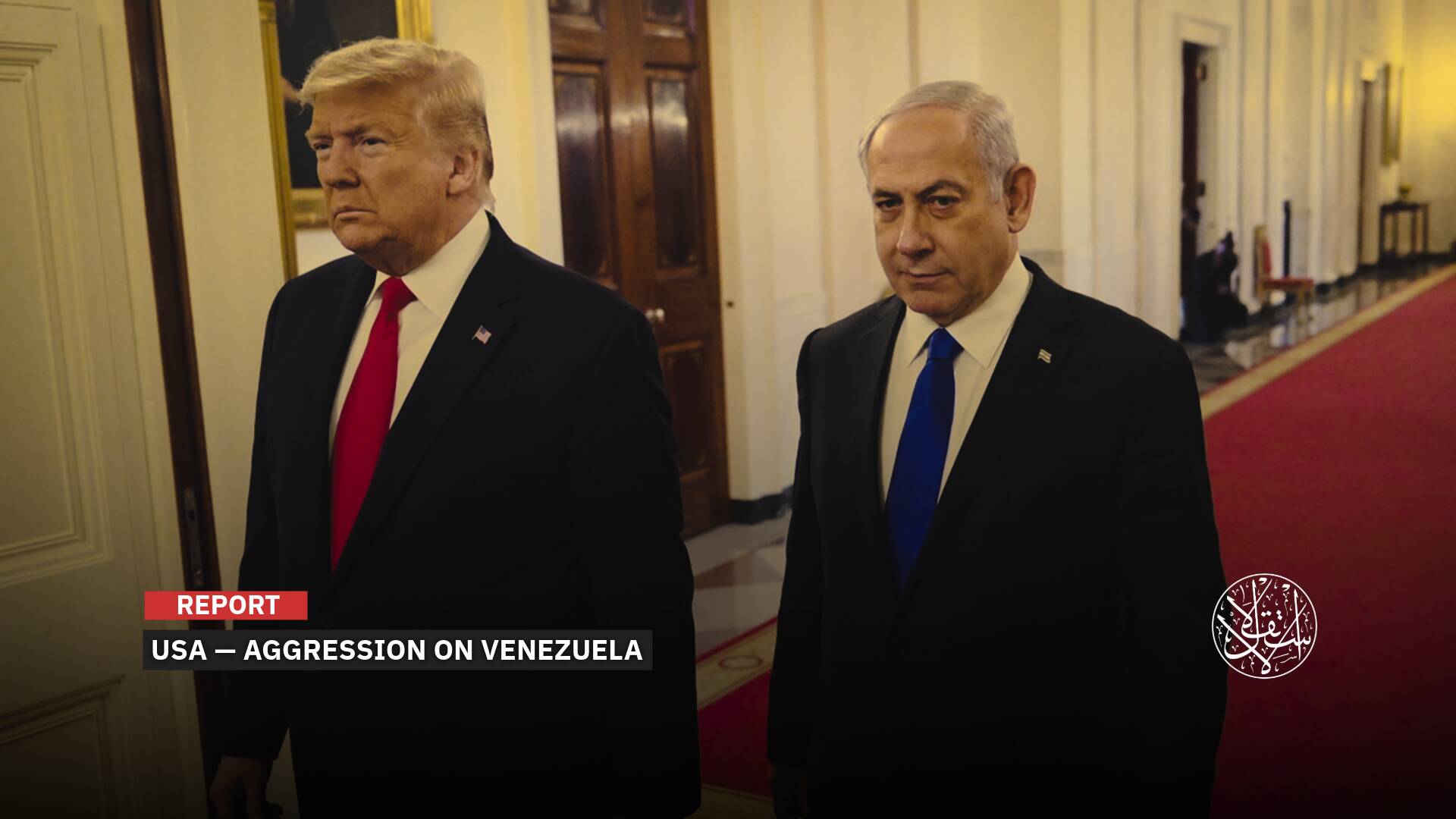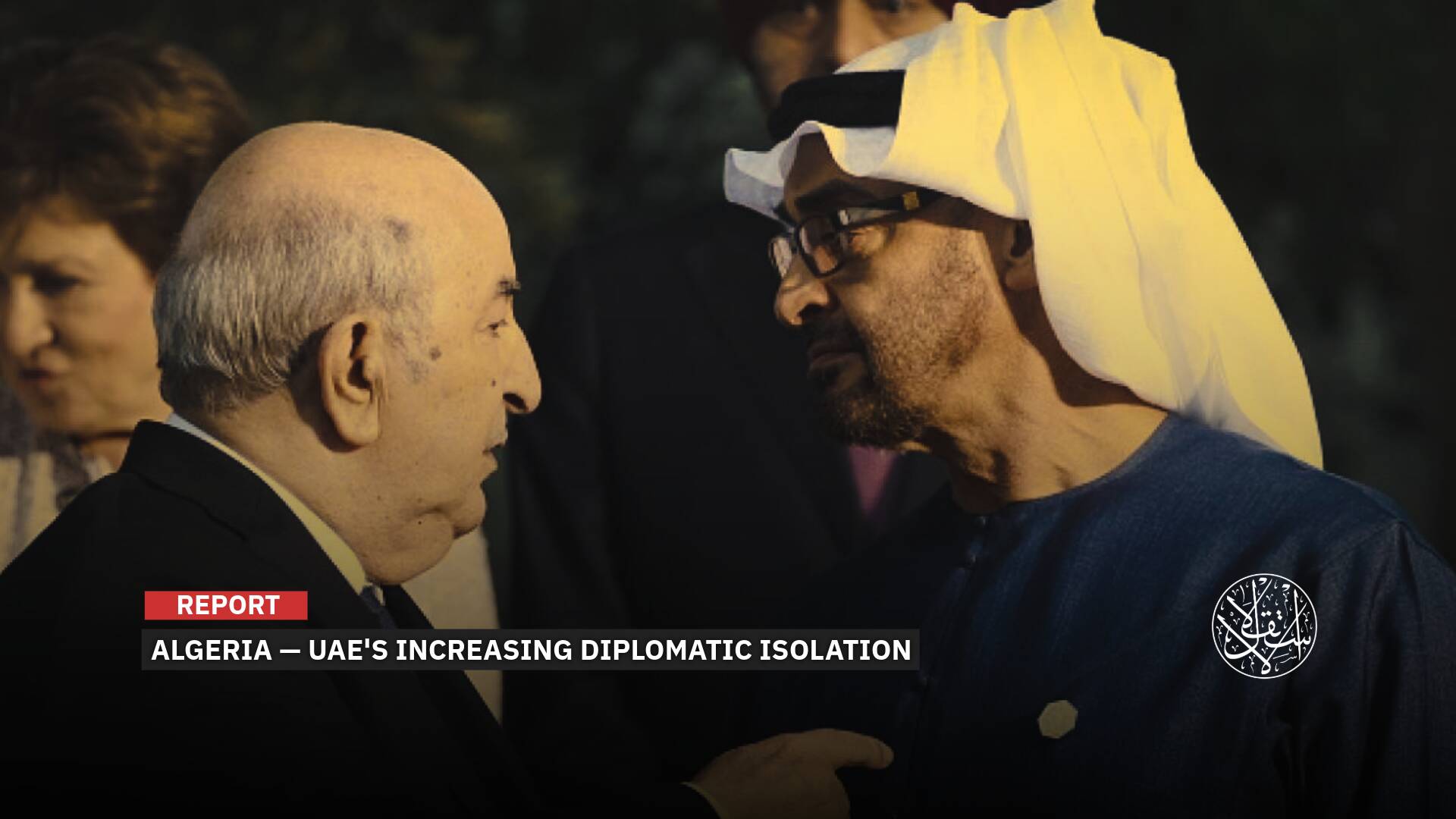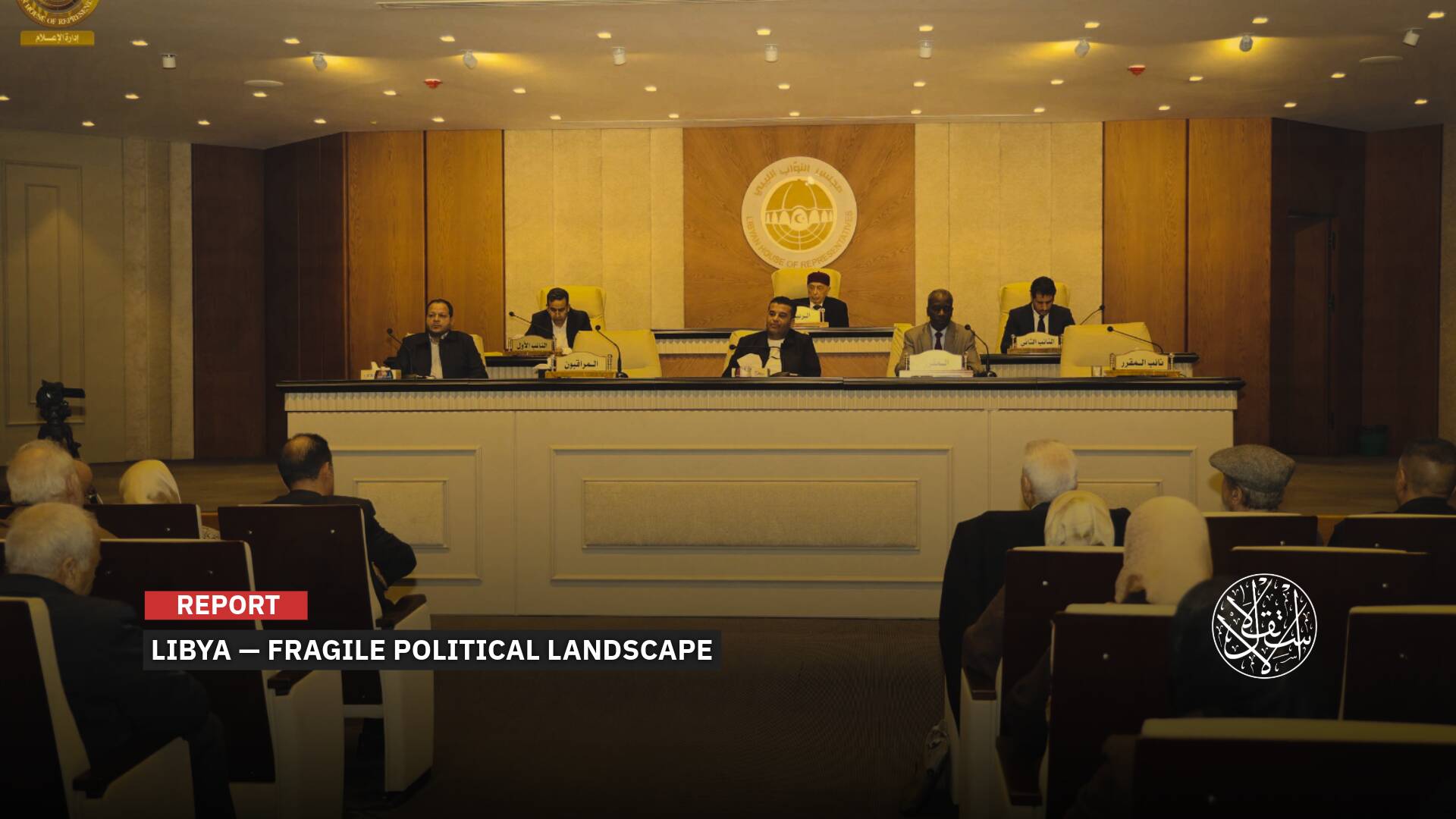The Gold Market Has Broken Down: How Is the Egyptian Economy Suffering Irreversibly?

Egypt's central bank's monetary policy committee will meet on May 19, at a time of growing speculation of an interest rate hike and a new drop in the exchange rate of the Egyptian pound against the U.S. dollar.
Local and foreign media predicted that the committee would hold an emergency meeting ahead of schedule to raise interest rates by 1 to 2% following the decision of the Federal Reserve last week to raise interest rates by 0.5%, and with inflation rising domestically.
Analysts were expecting an exceptional meeting on 8 May, after the rise of the interest rate of the U.S. dollar, but the central bank did not seem to care.
Egypt's economy is struggling, one of the effects of Sisi’s destructive policies is that the gold market has been in a state of confusion in recent days.
Its prices have jumped to historically higher levels, amid a contradiction and divergence of positions and statements between jewelers and traders about the cessation and continuity of the sale and purchase movement for limited periods in order to control the liquidity situation that has worried many observers.
In March 2022, the Central Bank of Egypt was forced to raise its interest rate by 1%, or four times the rate of rising, by the U.S. Federal Reserve, in an attempt to deal with a range of risks to the Egyptian economy not only to raise interest rates of the U.S. Federal Reserve, but to go beyond it to the crisis of the war in Ukraine, and the exit of investors billions of dollars from the Egyptian market which forced the Central Bank of Egypt to leave the pound to fall its value by about 15%.
Current Crisis
Egypt's interest rate ceiling today is 10.25%, which is the lending interest rate, while inflation in Egypt reached more than 12% in March 2022, and is expected to record higher rates in the coming months due to the devaluation of the pound, which means higher prices for imports from abroad.
Investors are not only interested in the value of the central bank's interest rate, but also the real interest rate and perhaps more than the nominal interest rate announced by the central bank.
After Egypt had the highest real interest rate in the world in April 2021, and months later, current inflation figures show that Egypt's real interest rate has become negative, which means that a larger outflow will occur for capital.
Some also expect the exchange rate of the Egyptian pound to fall again following the decline in March.
The Central Bank of Egypt decided to raise interest rates by 1% on March 21, to 9.25% on deposit and 10.25% on lending.
This coincided with the introduction of an 18% high-yield savings certificate at the National Bank of Egypt and Egypt, and the devaluation of the pound against foreign exchange by about 18%, raising the dollar from 15.70 pounds to 18.53 pounds today.
Egypt is in talks with the International Monetary Fund (IMF) on a support program that could fall under a "precautionary line" and could reach $3.5 billion, as the Egyptian government announced earlier that it had submitted a request to the IMF to begin consultations on a new program that includes additional funding for Egypt.
External debt rose to a record $145.529 billion by the end of December 2021, up from $137.42 billion at the end of September of the same year, an increase of $8.109 billion in just three months, an increase of 5.9%.
Foreign exchange cash reserves fell sharply in March to $37.082 billion by the end of March, up from $40.99 billion at the end of February.
Ramadan Mohamed, an Egyptian economist, told Al-Estiklal That fears of many observers have escalated due to the frightening rise of the price of gold in Egypt, which was considered by some to be a crime targeting the local currency and undermining the economy.
“Many opinions have argued that the price promoted in the gold market during the past hours deals with the dollar worth more than 22 pounds despite its official price at the central bank being 18.5 pounds,” he added.
“For example, the price of an ounce of gold (approximately 31 grams) is about $1,883, i.e. the gram does not exceed $60, and in the local currency 1110 pounds, but it is sold in the Egyptian domestic market for 1390 pounds, which means that the price of the dollar in the Egyptian gold market is worth more than 23 pounds, an increase of 280 pounds per gram,” Mohamed explained.
“This high dollar price transaction represents significant pressure on the Central Bank and the Egyptian economy and creates a black market parallel to foreign currency, further exacerbating the crisis in light of the uncertainty that hangs over the atmosphere awaiting the central bank's actions after returning from the Eid al-Fitr holiday in response to the US Federal Reserve's 50-point interest rate hike,” he concluded.
Gold 'Skyrocketing'
A report issued by the World Gold Council that the Central Bank of Egypt purchased 44 tons of gold in February, increasing the total holding of the bank by 54% to 125 tons, equivalent to 17% of Egypt’s total reserves, to top the list of the most gold-owning countries in the region.
Egyptians have for decades believed that gold is the safest haven for their savings, so the cash flow of many Egyptian people is converted into gold, both in banks and in homes, a belief that has been strengthened recently in light of the decline in the value of the local currency against foreign currencies, and the tightening of the U.S. dollar in the Egyptian market.
The price of a gram of gold of 24 pounds was about 1390 pounds, while the price of 21 calibers (the bestselling on the market) was about 1230 pounds, compared to 1050 pounds for a gram of 18, while the price of the pound gold about 9920 pounds, according to the prices of May 7, the increase that is the largest in the history of metal in Egypt.
After the price of gold reached those astronomical figures, which some saw as unjustified compared to world prices, some companies working in this field felt concerned, prompting them to stop the buying and selling process temporarily until prices were properly adjusted to avoid any shocks that would expose traders to heavy losses.
In this context, a company called Iman, a company owned by senior businessmen working in the jewels and gold trade, issued a statement informing all its employees in various branches to stop dealing with customers temporarily, in anticipation of price control from the central bank, revealing that there is a big gap between the price of the gram in Egypt compared to its price globally, citing the 21 calibers which reached the price in the Egyptian market 1220 pounds, while the global price did not exceed 977 pounds.














